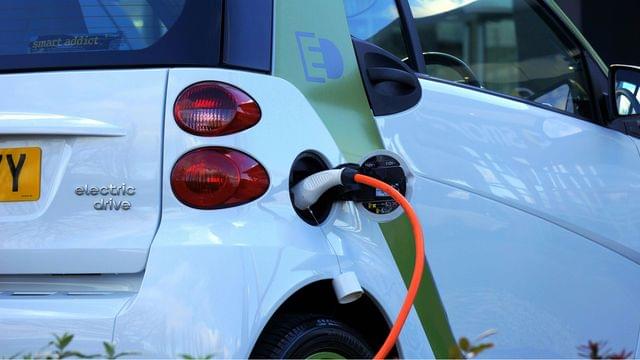A self-driving lab system spent half a year engineering enzymes to work at higher temperatures.
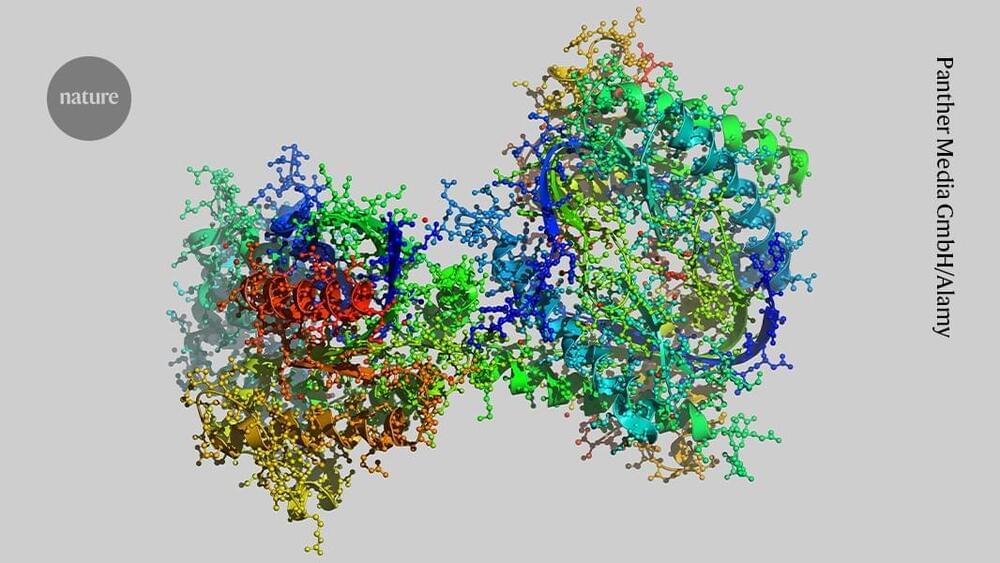

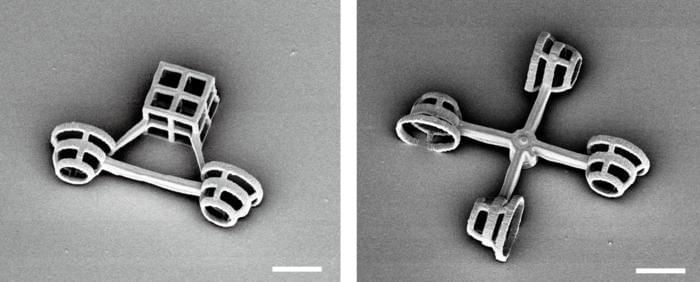
Researchers have created tiny, vehiclelike structures which can be maneuvered by microscopic algae. The algae are caught in baskets attached to the micromachines, which have been carefully designed to allow them enough room to continue swimming. Two types of vehicles were created: the “rotator,” which spins like a wheel, and the “scooter,” which was intended to move in a forward direction but in tests moved more surprisingly.
The research has been published in Small (“Harnessing the Propulsive Force of Microalgae with Microtrap to Drive Micromachines”).
The team is planning to try different and more complex designs for their next vehicles. In the future, these mini algae teams could be applied to assist with micro-level environmental engineering and research.

Researchers have created tiny, vehiclelike structures which can be maneuvered by microscopic algae. The algae are caught in baskets attached to the micromachines, which have been carefully designed to allow them enough room to continue swimming. Two types of vehicles were created: the “rotator,” which spins like a wheel, and the “scooter,” which was intended to move in a forward direction but in tests moved more surprisingly. The team is planning to try different and more complex designs for their next vehicles. In the future, these mini algae teams could be applied to assist with micro-level environmental engineering and research.
You’ve likely heard of horsepower, but how about algae power? Like a sled drawn by a team of dogs or a plough pulled by oxen, researchers have created microscopic machines which can be moved by lively, tiny, single-celled green algae.
“We were inspired to try and harness Chlamydomonas reinhardtii, a very common algae found all over the world, after being impressed by its swift and unrestricted swimming capabilities,” said Naoto Shimizu, a student from the Graduate School of Information Science and Technology at the University of Tokyo (at the time of the study), who initiated the project. “We’ve now shown that these algae can be trapped without impairing their mobility, offering a new option for propelling micromachines which could be used for engineering or research purposes.”
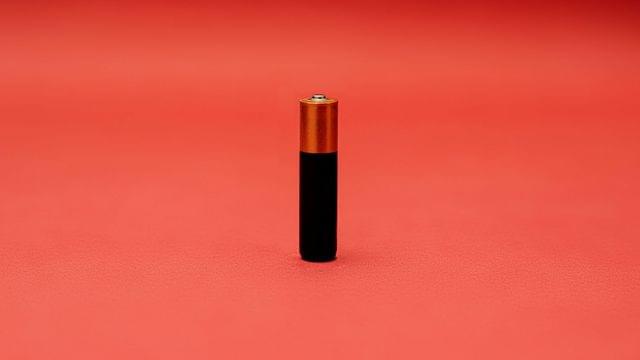
UChicago Pritzker Molecular Engineering Prof. Y. Shirley Meng’s Laboratory for Energy Storage and Conversion has created the world’s first anode-free sodium solid-state battery.
With this research, the LESC – a collaboration between the UChicago Pritzker School of Molecular Engineering and the University of California San Diego’s Aiiso Yufeng Li Family Department of Chemical and Nano Engineering – has brought the reality of inexpensive, fast-charging, high-capacity batteries for electric vehicles and grid storage closer than ever.
“Although there have been previous sodium, solid-state, and anode-free batteries, no one has been able to successfully combine these three ideas until now,” said UC San Diego PhD candidate Grayson Deysher, first author of a new paper outlining the team’s work.
Tesla’s autopilot technology and the increasing affordability of electric vehicles are set to revolutionize the transportation industry, making transportation as a service cheaper and safer, and leading to a significant drop in oil demand and potential geopolitical implications Questions to inspire discussion How safe.
In January 2024, Figure signed its first commercial agreement with BMW to deploy its humanoid robot in the German carmaker’s production facility in Spartanburg, South Carolina.
Now, the California-based robotics firm has released a video showcasing its 1 humanoid robot executing its first job by…
Figure’s humanoid robot, deployed at BMW’s facility, demonstrates full autonomy in vehicle assembly, guided by neural network-driven actions.
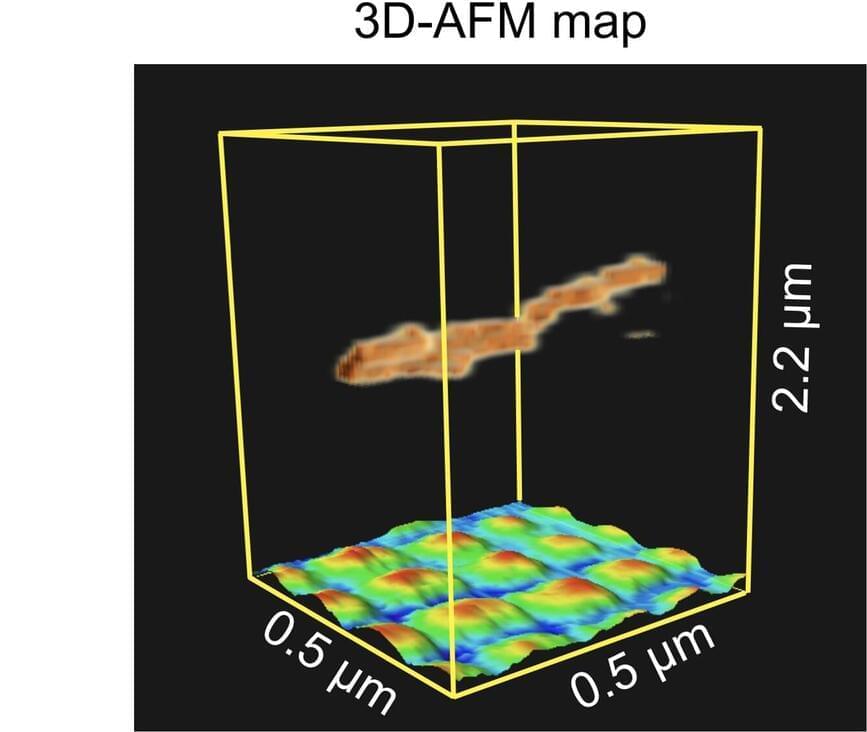
Researchers at Nano Life Science Institute (WPI-NanoLSI), Kanazawa University report the 3D imaging of a suspended nanostructure. The technique used is an extension of atomic force microscopy and is a promising approach for visualizing various 3D biological systems.
Atomic force microscopy (AFM) was originally invented for visualizing surfaces with nanoscale resolution. Its basic working principle is to move an ultrathin tip over a sample’s surface. During this xy-scanning motion, the tip’s position in the direction perpendicular to the xy-plane follows the sample’s height profile, resulting in a height map of the surface.
In recent years, ways to extend the method to 3D imaging have been explored, with researchers from Nano Life Science Institute (WPI-NanoLSI), Kanazawa University reporting pioneering experiments on living cells. However, for 3D-AFM to evolve into a widely applicable technique for visualizing flexible molecular structures, a thorough understanding of the imaging mechanisms at play is necessary.

A new class of materials known as “glassy gels” could find use in areas ranging from batteries to adhesives, thanks to their unique set of physical properties.
Meixiang Wang, a post-doctoral fellow from Michael Dickey’s group at North Carolina State University, discovered these new materials while trying out different mixtures for making gels that she hoped would be useful ionic conductors.
Standard gels, such as those used to make contact lenses, are polymers with an added liquid solvent. The liquid weakens the interactions between the chains of molecules forming the polymer, allowing the gel to extend easily but leaving it soft and weak mechanically. In contrast, glassy polymers, like those suitable for airplane windows, contain no liquid and have strong interactions between their constituent polymer chains. This renders them stiff and strong but, in some cases, brittle.
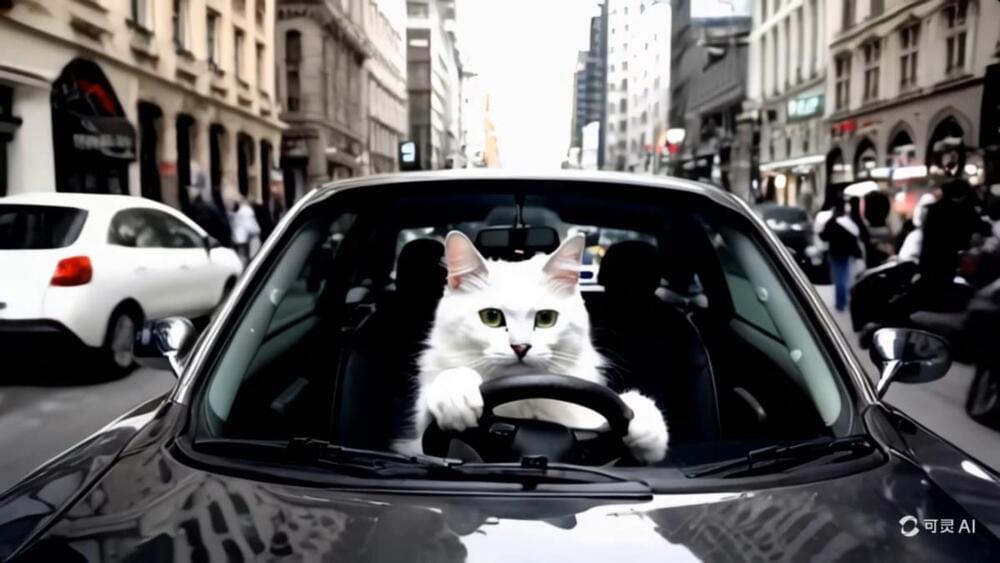
Kuaishou introduces a web version of its impressive AI video generator, Kling AI, based on an “improved model” with new features.
Chinese tech company Kuaishou has unveiled KLING, a new video generation model. Based on the demos, it could rival OpenAI’s Sora.
Kuaishou says KLING can make videos up to two minutes long at 1080p resolution and 30 frames per second. It can also model complex motion sequences that are physically accurate.
One video shows a two-minute train ride made with the prompt “Train ride with different landscapes seen through the window.” OpenAI announced its video model Sora in mid-February, with relatively consistent videos up to one minute long.
